10 Myths About Aging That Make It Seem Worse Than It Is
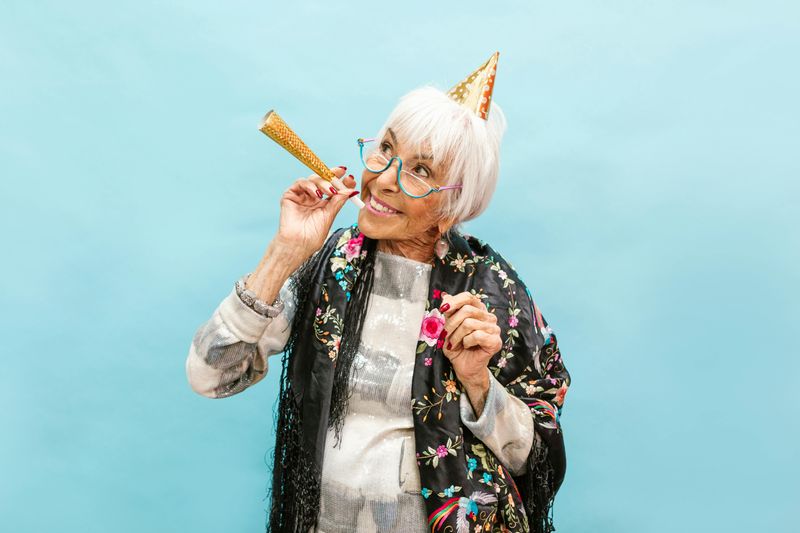
Aging is often painted as a downward spiral, full of loss and decline, but that picture is far from complete. Many of the fears people carry about getting older are rooted in myths that simply don’t reflect reality. In truth, later years can be filled with growth, joy, and new opportunities. By debunking common misconceptions, we can reframe aging as a stage of life worth embracing rather than dreading.
1. Aging always means poor health

We often hear that aging equals decline—but that’s far from the whole story. Many older adults continue to live dynamic, purposeful lives deep into their 70s and 80s. While some health challenges are possible, they’re not guaranteed by age alone.
With regular check-ups, balanced nutrition, and a bit of exercise, the odds of staying healthy rise dramatically. Think of older adults who hike mountains, run marathons, or still dance on stage—it’s proof that vitality can last. The body may change, yet resilience is surprisingly durable. Health in later life is often less about the years behind you and more about the habits you keep.
2. You can’t learn new things when you’re older
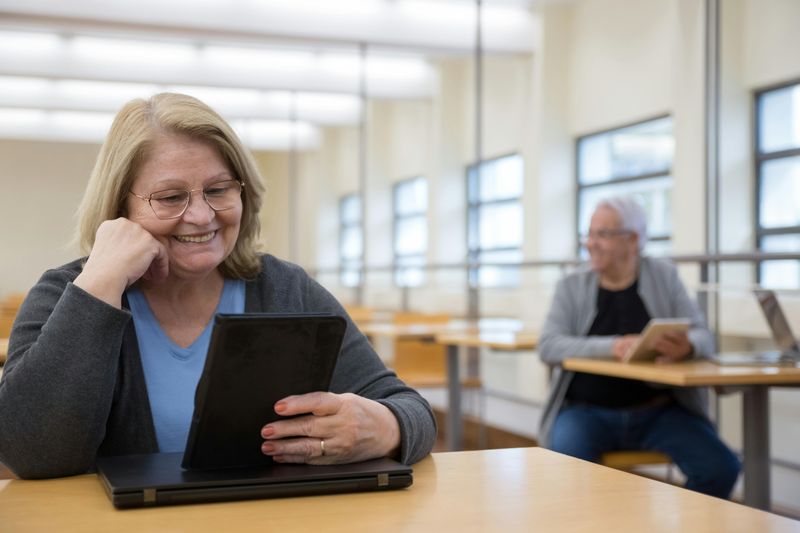
Brains never stop growing, and scientists have shown that “neuroplasticity” works at any age. Older adults may take a little longer to process new information, but that doesn’t mean they can’t master new skills. In fact, many people discover fresh passions—painting, coding, playing an instrument—after retirement.
Learning can actually strengthen the brain and even protect against decline. Consider how many grandparents become tech-savvy simply to keep up with grandkids; necessity sparks growth. Curiosity doesn’t fade with time, it evolves. Every year brings the chance to add something new to the story of who you are.
3. Memory loss is inevitable

Forgetting where you left your keys isn’t the same as losing memory altogether. Aging doesn’t guarantee dementia or severe cognitive decline, though that myth persists stubbornly. Mental sharpness can be preserved through reading, puzzles, socializing, and continued learning.
What’s more, many older adults develop richer “crystallized intelligence”—wisdom and judgment shaped by life experience. Some memories fade, but new knowledge and perspectives deepen. Research shows lifestyle factors like sleep, exercise, and a balanced diet are powerful memory boosters. The mind, when nurtured, often surprises us with how long it can stay clear.
4. Older people can’t exercise safely
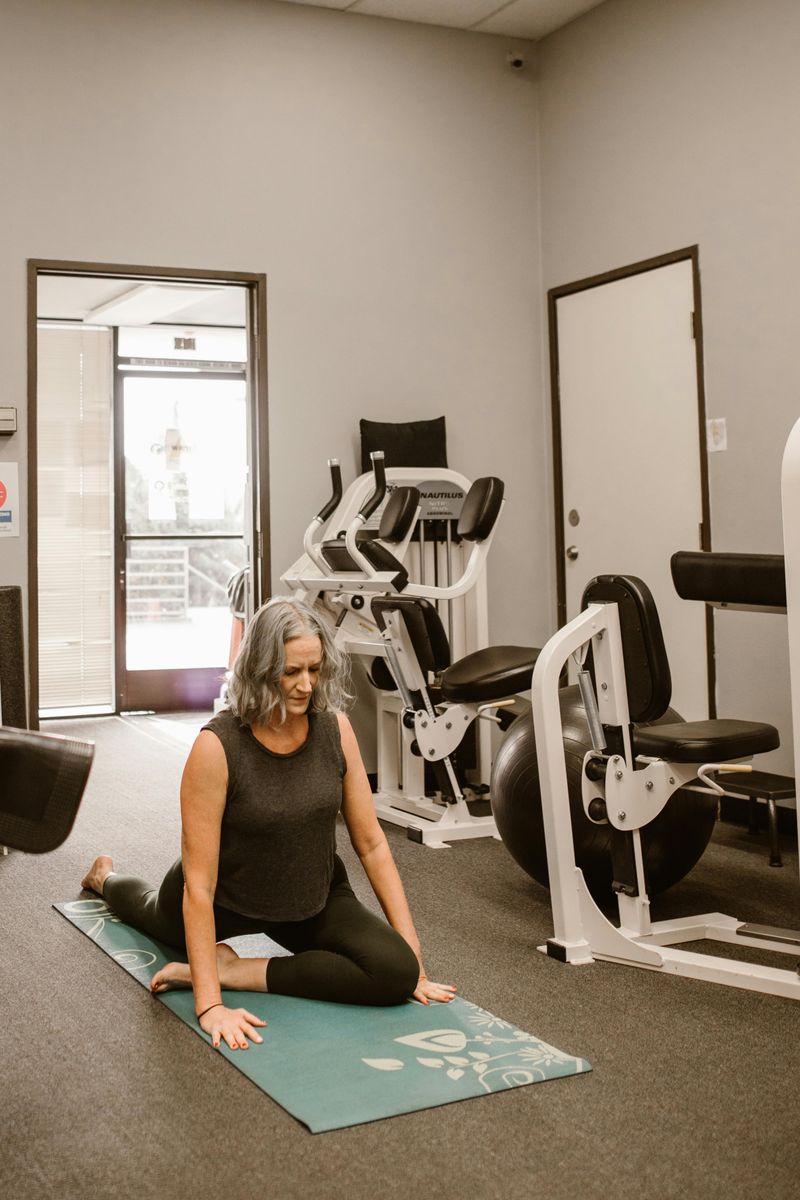
Exercise is not just possible but incredibly beneficial at any age. Movements can be adapted for ability levels, whether that means yoga, walking, swimming, or strength training. Far from being risky, exercise often reduces the chance of falls by improving balance and muscle tone.
Doctors frequently recommend physical activity as a prescription for joint health and longevity. Many senior athletes challenge younger competitors, proving energy isn’t limited to youth. Motion truly is medicine, and the body thrives on it. Staying still is often the greater danger than moving with intention.
5. Seniors are unhappy and depressed
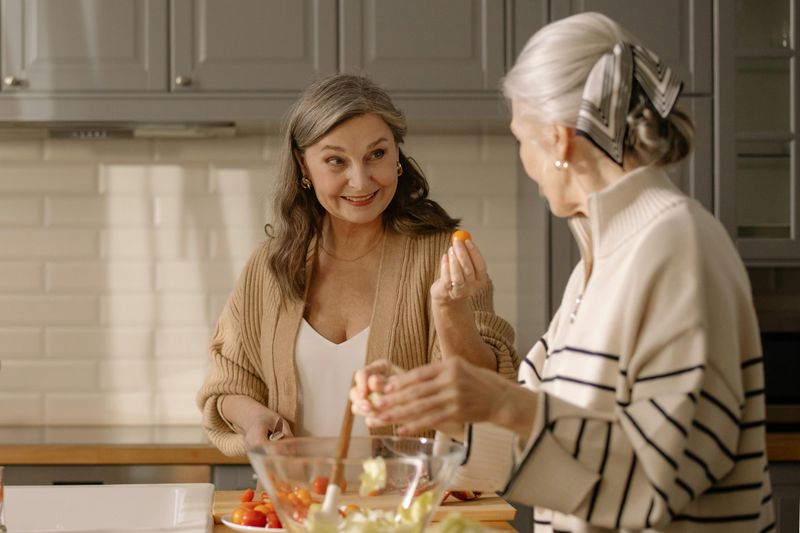
Contrary to the stereotype, happiness levels often rise with age. Studies consistently show that older adults report more satisfaction and less stress than younger generations. While challenges like grief and health concerns exist, they don’t erase joy from everyday living.
Wisdom gained over the years can bring a sense of acceptance and peace. Grandchildren, hobbies, friendships, and meaningful routines enrich life in countless ways. Older people frequently say they savor the small moments more fully. Far from being gloomy, later years can shine with gratitude and contentment.
6. Getting older means becoming lonely

Loneliness can happen at any stage of life, not just in old age. Many older adults actually expand their social networks through clubs, community groups, or volunteer work. Technology also bridges distance, letting them video chat with family or join online communities.
Retirement often provides more time to nurture relationships that truly matter. Some even find love later in life, proving connections have no expiration date. The myth of the “isolated elder” overlooks countless stories of vibrant social lives. Growing older doesn’t have to mean being alone—it can be a time of deeper togetherness.
7. Older adults can’t adapt to technology

Who says tech is just for the young? Older adults are embracing gadgets—from video calls on tablets to smart thermostats and voice assistants. Many dive into social media, posting updates and sharing memories with a flair that surprises their younger followers.
Technology training programs designed for seniors have helped millions feel confident online. In fact, digital fluency often keeps them engaged with the world, from ordering groceries to attending virtual classes. Tech can also help monitor health, connecting patients directly with doctors. Adaptability, it turns out, is timeless.
8. It’s too late to change unhealthy habits
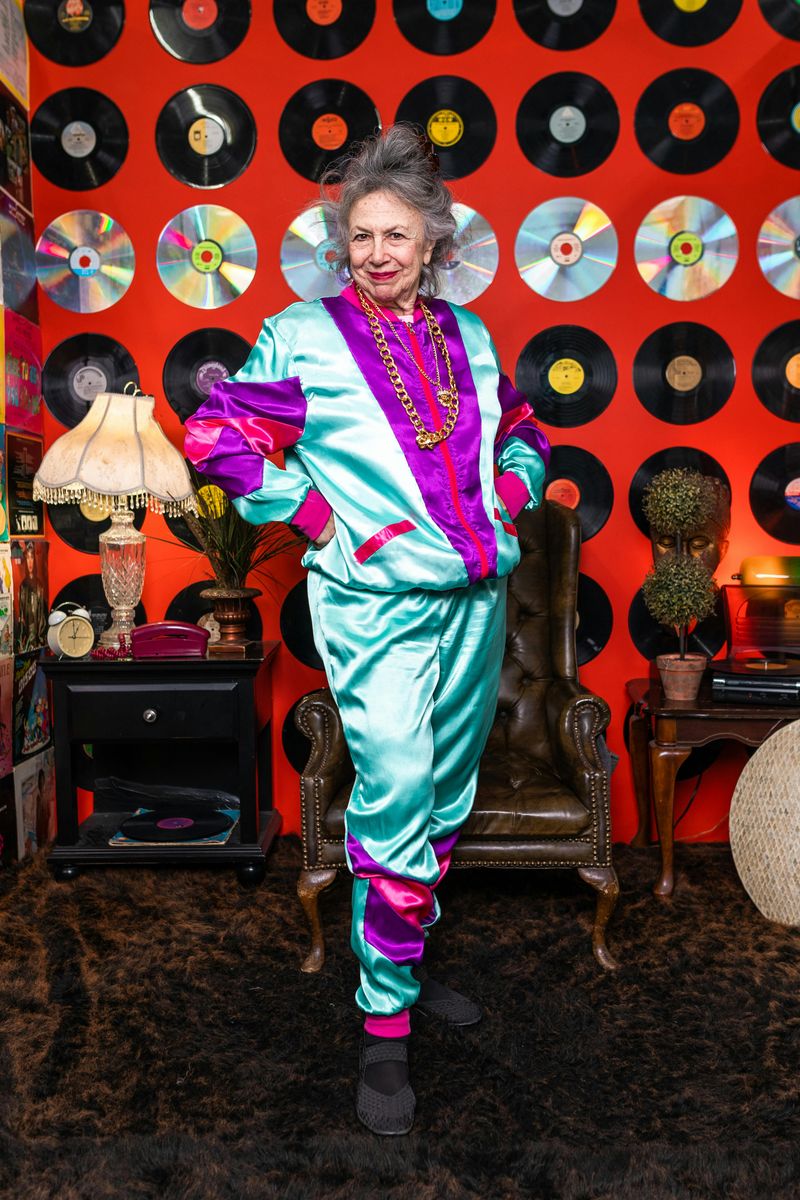
It’s never too late to choose better health. Whether you’re in your 60s, 70s, or well beyond, making small changes—like taking daily walks or eating more greens—can lead to big rewards. Even modest steps toward wellness can bring more energy, joy, and years to your life.
Medical research confirms that late-life lifestyle changes lower risks of disease and extend longevity. Many older adults describe feeling more energized after adopting healthier habits. A fresh start is always available, no matter how many birthdays you’ve celebrated. The idea that “it’s too late” only stops people from claiming the health they still deserve.
9. Aging means losing independence
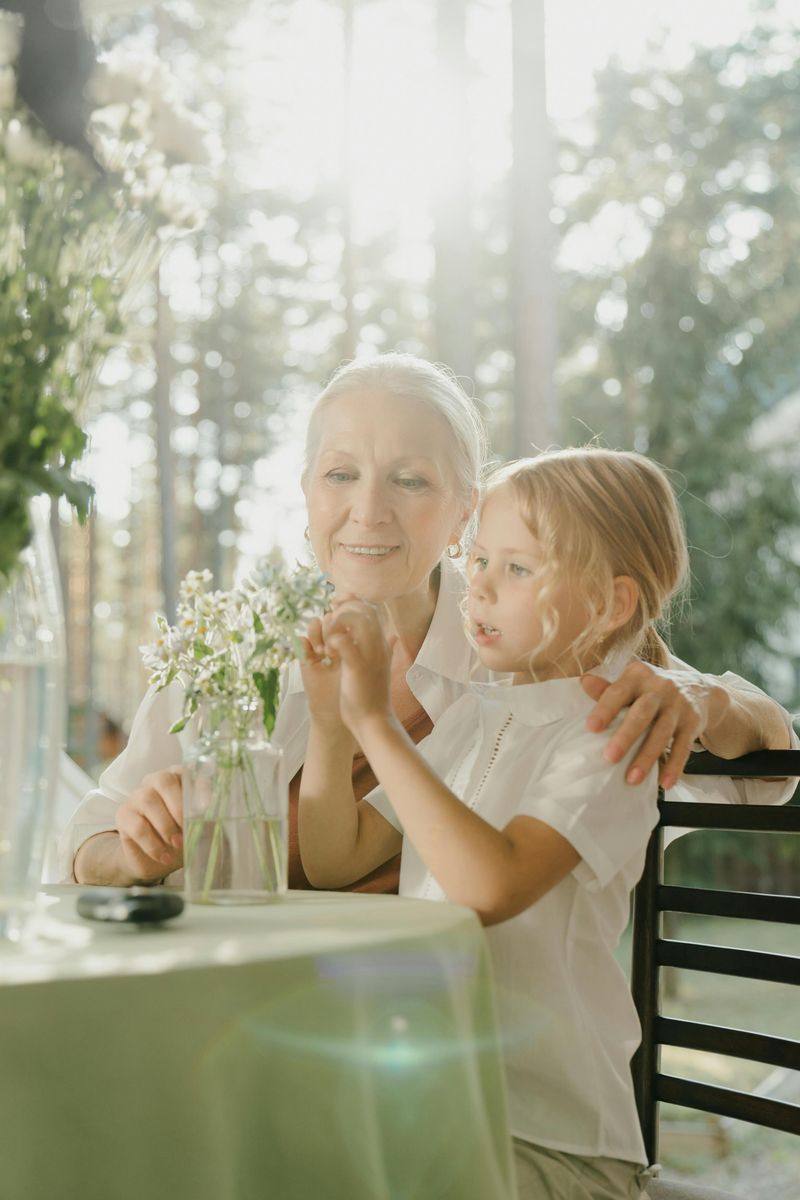
Independence comes in many forms, and aging does not erase it. Advances in healthcare, mobility aids, and home modifications help people remain self-sufficient. Many seniors continue to drive, work, travel, and manage their households with ease.
Even those who need assistance often maintain decision-making power and personal freedom. Independence is as much about mindset as mobility. Communities now offer creative support systems that encourage autonomy. Rather than disappearing, independence often reshapes itself into new, equally valuable forms.
10. Older people contribute less to society

Nothing could be further from the truth. Older adults bring wisdom, patience, and mentorship that younger generations lean on. Many volunteer, offering time and care in ways that strengthen communities. Others provide vital childcare or financial support to family members.
Their voices shape policy, culture, and even art in profound ways. Contribution is not measured in speed or physical strength alone—it’s in the legacy of influence and guidance. Society thrives when it honors the richness older people continue to give.

Comments
Loading…